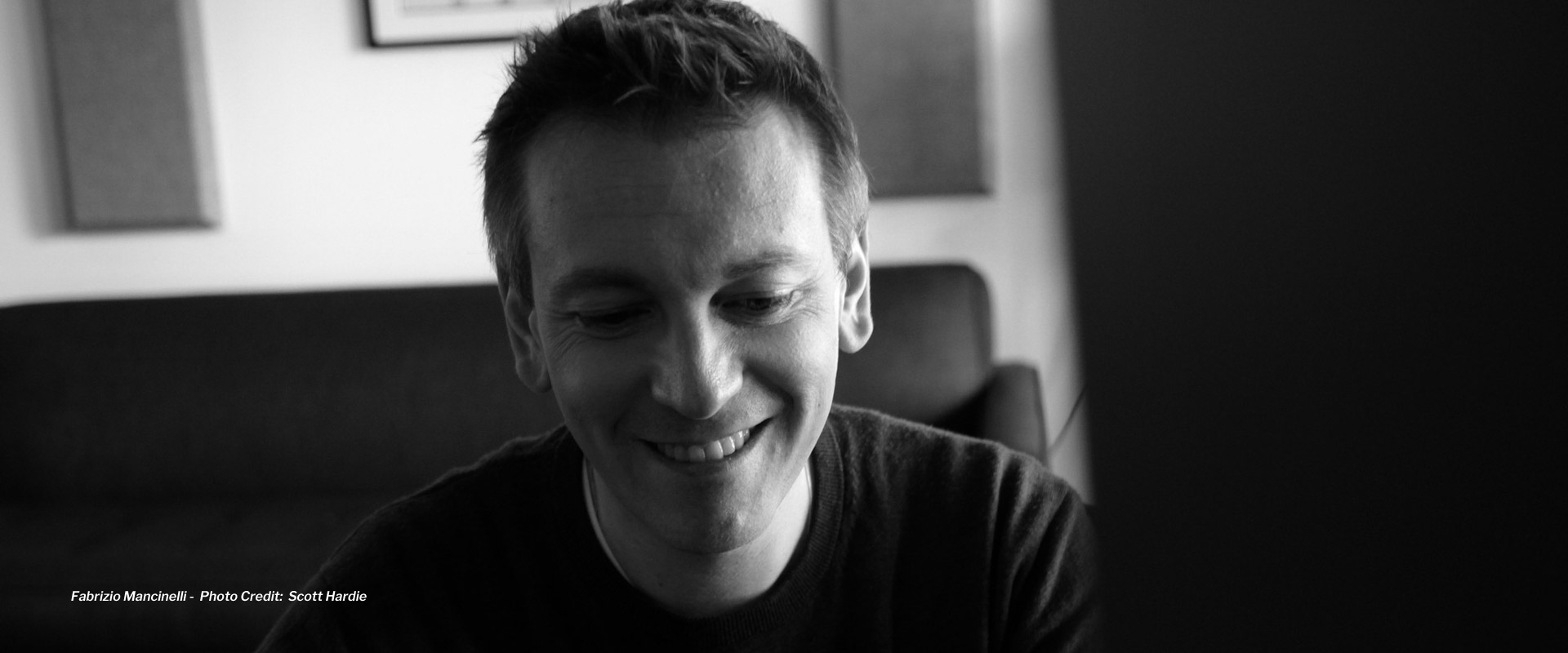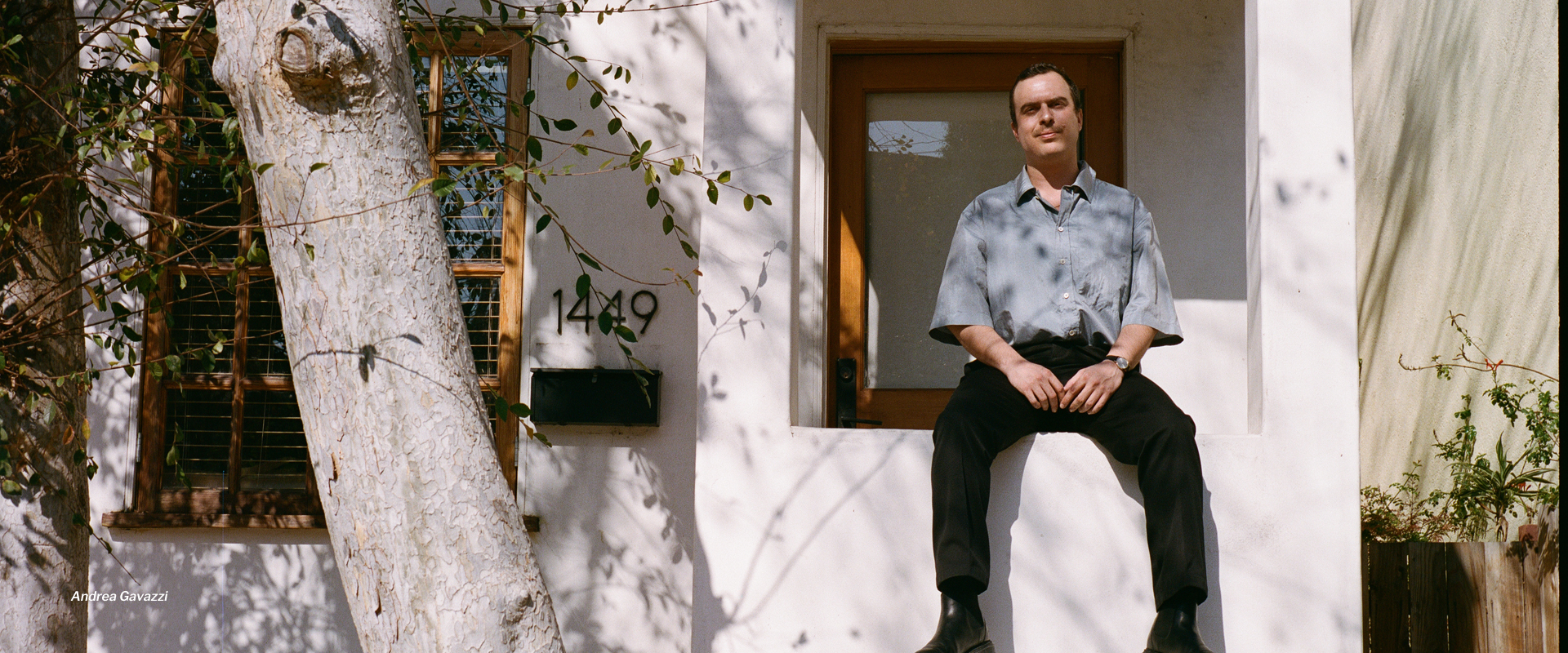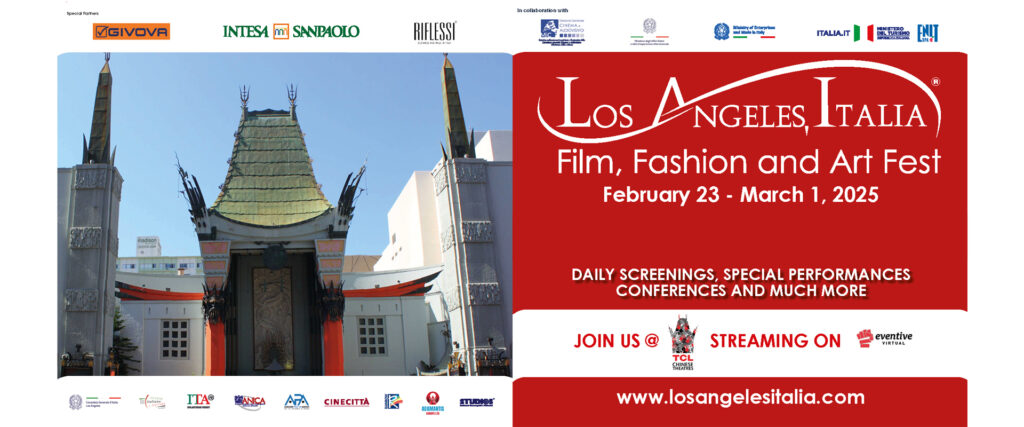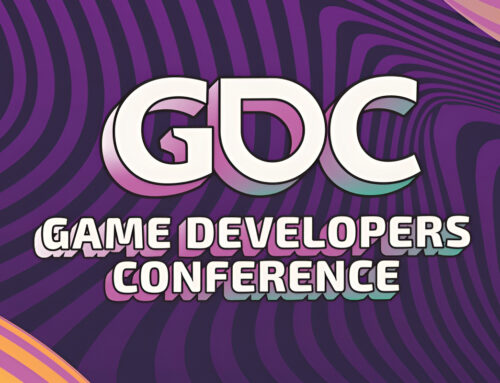Oscars 2025: Two Italians Compete in the Live Action Short Film Category
Italians in the Spotlight at the 2025 Oscars
As the 2025 Oscars approach, Italy’s creative influence shines brightly with notable talents competing across key categories. Among the standout nominees is the iconic Isabella Rossellini, nominated for Best Supporting Actress for her remarkable performance in “Conclave”
In an exceptional twist, two short films featuring the work of Italian professionals are competing in the same category: Best Live Action Short Film. Composer Fabrizio Mancinelli and cinematographer Andrea Gavazzi contributed to these nominated films, showcasing Italy’s diverse contributions to cinematic excellence.
Mancinelli, who composed the evocative score for “Anuja”, shared insights about his journey with Italy Meets Hollywood. When asked, “How did the Anuja project come about, and how did you get involved in composing its score?” he recounted:
“The journey with Anuja began unexpectedly in the summer of 2023, after a screening at LMU of a documentary I had scored. A recently graduated film producer from India, Krushan Naik, approached me to express his appreciation for my work, and we exchanged Instagram contacts. That moment turned into one of the most meaningful collaborations of my career. Krushan (besides becoming a cherished friend) soon became a producer and editor on Anuja, directed by Adam J. Graves, and produced alongside Suchitra Mattai and Adam Graves himself. The story immediately struck me with its emotional depth and powerful themes surrounding child labor in New Delhi. As the project gained momentum, it was incredibly inspiring to see industry leaders like Guneet Monga Kapoor, Mindy Kaling, and Priyanka Chopra Jonas come on board. Their support elevated the film’s reach and impact, and I’m deeply grateful to have been part of a team so committed to telling this story with authenticity and heart.” Discussing his approach to composing the score, Mancinelli added:
“My goal was to create a sound that felt textured—dusty, almost worn—reflecting the film’s earthy cinematography. We aimed for a sonic palette that mirrored the film’s visual tones while carefully avoiding the trap of a clichéd or parodic take on Indian music. The score needed to feel genuine, not an imitation, while still embracing the story’s fairy-tale elements. For me, music in film should never be just an accessory; it must be an integral part of the storytelling, evolving like a well-structured screenplay. That’s why I focused on thematic motifs that could develop over time while remaining simple. One key element in the score was mimicking the ticking of clocks with musical instruments, a metaphor for the passage of time. I sought to build tension through a balance of hopeful harmonies subtly underpinned by an unsettling, repetitive rhythm. This allowed the music to carry an underlying discomfort, reinforcing Anuja’s difficult choices while keeping the audience immersed in her journey. I’m incredibly grateful for the collaboration with Adam, Suchitra, Krushan, and the entire producing team. Their vision made it possible to craft a score that feels both emotionally honest and deeply connected to the film’s world.”
Andrea Gavazzi, the Italian-Brazilian cinematographer who worked on “A Lien,” also shared insights into his creative process with Italy Meets Hollywood. Reflecting on the challenges faced during production, he recounted: “The main challenge in creating an intimate and raw visual language for A Lien was crafting a sense of unease and claustrophobia right from the start. To achieve this, I shot everything handheld, which added a sense of immediacy and unpredictability to the frame. Additionally, because we had a low budget, we couldn’t afford to showcase the entire environment. The handheld approach and long lenses not only created that tight, suffocating feeling but also helped sell the locations effectively. By keeping the frame focused and restricted, we were able to suggest a larger, more oppressive world without having to show it in its entirety, which enhanced the feeling of confinement and isolation.”
Discussing the evolving role of cinematographers in the face of technological advancements, Gavazzi added:
“I’m vocally against the growing influence of AI in filmmaking, as I believe it poses a real threat to the artistry and human connection that make cinema so special. While AI can be a useful tool for certain technical aspects, I hope it never becomes something that takes anyone’s job away. The beauty of filmmaking lies in the collectivity—the collaboration, the shared effort, and the memories you create with a team of people. It’s about the relationships you build on set, the emotions you capture, and the stories you tell together. These human elements are irreplaceable, and that’s what makes cinema truly unique. I’d rather see filmmakers focus on using technology to enhance their craft, not to replace the creativity and skill that only humans can bring to the table.”
Conan O’Brien will host the 97th Oscars ceremony and will stream live on Hulu for the first time in addition to ABC on Sunday March 2, at 7 p.m. ET/4P.M. PT
To view the complete list of nominees: Oscars
Share:
Italians in the Spotlight at the 2025 Oscars
As the 2025 Oscars approach, Italy’s creative influence shines brightly with notable talents competing across key categories. Among the standout nominees is the iconic Isabella Rossellini, nominated for Best Supporting Actress for her remarkable performance in “Conclave”
In an exceptional twist, two short films featuring the work of Italian professionals are competing in the same category: Best Live Action Short Film. Composer Fabrizio Mancinelli and cinematographer Andrea Gavazzi contributed to these nominated films, showcasing Italy’s diverse contributions to cinematic excellence.
Mancinelli, who composed the evocative score for “Anuja”, shared insights about his journey with Italy Meets Hollywood. When asked, “How did the Anuja project come about, and how did you get involved in composing its score?” he recounted:
“The journey with Anuja began unexpectedly in the summer of 2023, after a screening at LMU of a documentary I had scored. A recently graduated film producer from India, Krushan Naik, approached me to express his appreciation for my work, and we exchanged Instagram contacts. That moment turned into one of the most meaningful collaborations of my career. Krushan (besides becoming a cherished friend) soon became a producer and editor on Anuja, directed by Adam J. Graves, and produced alongside Suchitra Mattai and Adam Graves himself. The story immediately struck me with its emotional depth and powerful themes surrounding child labor in New Delhi. As the project gained momentum, it was incredibly inspiring to see industry leaders like Guneet Monga Kapoor, Mindy Kaling, and Priyanka Chopra Jonas come on board. Their support elevated the film’s reach and impact, and I’m deeply grateful to have been part of a team so committed to telling this story with authenticity and heart.” Discussing his approach to composing the score, Mancinelli added:
“My goal was to create a sound that felt textured—dusty, almost worn—reflecting the film’s earthy cinematography. We aimed for a sonic palette that mirrored the film’s visual tones while carefully avoiding the trap of a clichéd or parodic take on Indian music. The score needed to feel genuine, not an imitation, while still embracing the story’s fairy-tale elements. For me, music in film should never be just an accessory; it must be an integral part of the storytelling, evolving like a well-structured screenplay. That’s why I focused on thematic motifs that could develop over time while remaining simple. One key element in the score was mimicking the ticking of clocks with musical instruments, a metaphor for the passage of time. I sought to build tension through a balance of hopeful harmonies subtly underpinned by an unsettling, repetitive rhythm. This allowed the music to carry an underlying discomfort, reinforcing Anuja’s difficult choices while keeping the audience immersed in her journey. I’m incredibly grateful for the collaboration with Adam, Suchitra, Krushan, and the entire producing team. Their vision made it possible to craft a score that feels both emotionally honest and deeply connected to the film’s world.”
Andrea Gavazzi, the Italian-Brazilian cinematographer who worked on “A Lien,” also shared insights into his creative process with Italy Meets Hollywood. Reflecting on the challenges faced during production, he recounted: “The main challenge in creating an intimate and raw visual language for A Lien was crafting a sense of unease and claustrophobia right from the start. To achieve this, I shot everything handheld, which added a sense of immediacy and unpredictability to the frame. Additionally, because we had a low budget, we couldn’t afford to showcase the entire environment. The handheld approach and long lenses not only created that tight, suffocating feeling but also helped sell the locations effectively. By keeping the frame focused and restricted, we were able to suggest a larger, more oppressive world without having to show it in its entirety, which enhanced the feeling of confinement and isolation.”
Discussing the evolving role of cinematographers in the face of technological advancements, Gavazzi added:
“I’m vocally against the growing influence of AI in filmmaking, as I believe it poses a real threat to the artistry and human connection that make cinema so special. While AI can be a useful tool for certain technical aspects, I hope it never becomes something that takes anyone’s job away. The beauty of filmmaking lies in the collectivity—the collaboration, the shared effort, and the memories you create with a team of people. It’s about the relationships you build on set, the emotions you capture, and the stories you tell together. These human elements are irreplaceable, and that’s what makes cinema truly unique. I’d rather see filmmakers focus on using technology to enhance their craft, not to replace the creativity and skill that only humans can bring to the table.”
Conan O’Brien will host the 97th Oscars ceremony and will stream live on Hulu for the first time in addition to ABC on Sunday March 2, at 7 p.m. ET/4P.M. PT
To view the complete list of nominees: Oscars










